You Can’t Write About Things You Don’t Know Enough About
[This blog is dedicated to all the Nonprofit Pros Who Didn’t Sign Up to Write Grants… But Got Stuck Doing it Anyway!]
Keep reading for lessons learned from my grant writing journey.
====
The ED. The new intern. The finance guy who’s also good at words and got roped in.
Hand raised. That’s me and how my grant writing story began.
In my early days as a consultant, I was hired via an agency to provide short-term report writing support for a nonprofit client. I arrived at the client’s location and was given a short tour around their facility which operated a food pantry for senior citizens. “They can buy food with Monopoly money,” is what my point-of-contact lady told me. Let’s call her POC lady for short.
I was then taken to the back office, and guided over to a pile of paper files by POC lady. “We are late, we are so late with our grant reports. We were supposed to submit this grant report last month. I just had a call with the funder who wanted to know when we would submit the report, and I said I would get it to them today. So I need you to get started right away.”
Now, consultant-me of today would have seen that red flag right away—and laughed. Consultant-me of 15+ years ago froze. When I unfroze enough to move, I buried my head in paper files, trying to make sense of a proposal that made no sense, while trying to write a report about a program I didn’t know anything about. Let’s just say that partnership did not last long.
If you are the new ED, the intern or the finance guy with writing skills—take the time, in fact insist, that you get enough time to get to know the programs before you start writing about them. Whether you are writing a proposal narrative or developing a monitoring and evaluation plan or reporting on a program you MUST know what is going on.
I call it digesting information. In order for me to write convincingly about your organization’s mission, programs and impact I need to first wrap my head around what you do.
This also means, I need time to read your existing materials and ask plenty of questions and understand the ‘why’ behind what you do. I need to understand your strategy. I need to understand what sets you apart.
Six years ago I asked a new client whether I could come by and see their programs in action. It was a book club meeting for folks who had returned after being incarcerated. I also sat in on other program activities like a job-readiness workshop and a community-dialog night. You can learn a whole lot by being a fly on the wall.
The fact is, you can write about things you don’t know about. But it will probably be full of fluff and gobblygook—and the reader will see through it.
Like every other quality product, good grant writing means putting in time up front. You don’t need to stress about knowing everything, but you need to know enough.
Got a good grant story to share? I’d love to hear it!
